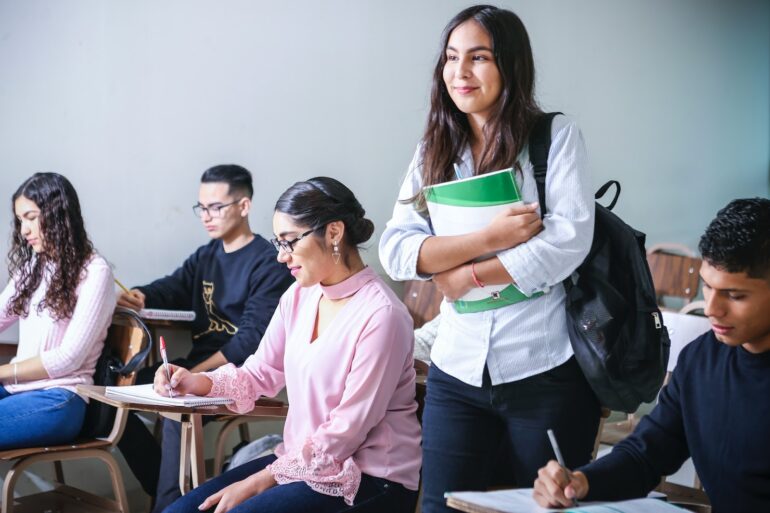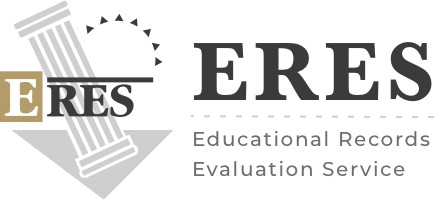Blog
Cultural Adjustment and Academic Achievement: Tips for International Students

Embarking on an educational journey to the USA is a dream for many students around the globe. They often navigate cultural challenges as they enter American soil, filled with aspirations and enthusiasm.
For international students in the USA, it's not just about cracking the academic code but also about adapting to a new way of life. This dual challenge of acclimating to unfamiliar cultural norms while striving for academic success is a profound experience, uniquely molding their character and perspectives.
Throughout this journey, understanding and overcoming these cultural challenges is pivotal for a holistic educational experience.
Understanding Cultural Adjustment
Cultural adjustment is the process international students undergo as they adapt to the nuances of a new environment, particularly when facing cultural challenges in the USA. This journey typically unfolds in stages:
Honeymoon
Initially, students often feel an exhilarating sense of excitement, akin to a tourist’s fascination with everything new and different.
Culture shock
As the initial thrill wanes, the realities of differences and misunderstandings set in, leading to frustration or isolation.
Recovery
Over time, students start developing coping strategies, gradually gaining a better understanding of their surroundings.
Adjustment
Eventually, they find a balance, embracing the new culture while cherishing their roots.
It's essential to realize that this adjustment process is entirely normal, even if it isn't a linear progression for everyone.
The ups and downs experienced during this transition can impact academic performance, as the ease with which students handle cultural challenges in the USA often mirrors their comfort and efficiency in the academic realm.
The Impact of Culture on Learning and Academics
Educational culture significantly influences how students learn and what they expect from their academic journey.
For instance, in the USA, there's a strong emphasis on classroom participation, stringent anti-plagiarism rules, and varied assessment methods, which might differ vastly from what international students are accustomed to in their home countries.
These cultural challenges for international students in the USA can sometimes lead to misunderstandings or misaligned expectations.
The academic traditions they grew up with might starkly contrast with those at their host institution, necessitating an adaptation period to bridge the cultural and educational gap effectively.
Practical Tips for Smoother Cultural Adjustment
Navigating the cultural challenges for international students in the USA can seem daunting. Still, it becomes an enriching experience with the right approach. Here are some practical suggestions:
Open-mindedness
The diversity in the USA is vast. Embrace these differences with an open heart and mind. Seek to understand varying viewpoints, which can foster richer experiences.
Getting Involved
Immersion is vital. Engage in cultural exchange programs, sign up with student organizations, or attend local events to gain deeper insights into American culture and build lasting connections.
Seeking Support
Universities often provide dedicated services to assist international students. Use counseling, international student services, or even peer support groups. Don’t hesitate to consider credential evaluation services to ensure your academic qualifications align with US standards.
Maintaining a Connection with Home
Remember your roots while adapting to a new environment. Regular chats with family, cooking familiar dishes, or celebrating home-country holidays can provide emotional support and comfort.
Learning the Local Language
While many courses are in English, understanding colloquial phrases or regional jargon can significantly enhance daily interactions inside and outside the classroom.
Setting Realistic Expectations
Cultural adjustment is a journey, not a sprint. Recognize that there will be challenges and triumphs. Give yourself time, remain patient, and remember that adapting to a new culture is a continuous learning curve.
Strategies for Academic Success as an International Student
Achieving academic success while grappling with cultural challenges for international students in the USA requires strategic planning and execution. Here are some robust strategies to ensure a smoother educational journey:
Familiarize with the Academic System
The US educational system may differ from what you’re used to. Grasp the nuances of grading scales, understand expectations regarding classroom participation, and familiarize yourself with available resources. Credential evaluation services can be beneficial in aligning your prior qualifications with US standards.
Utilize Academic Resources
American universities abound with resources tailored to assist students. Make the most of tutoring centers, attend writing workshops, and don’t hesitate to visit professors during office hours.
Time Management
The academic calendar in the US might differ from your home country. Get accustomed to this schedule, plan, and prioritize tasks efficiently.
Building a Study Group
Collaborate with local and international classmates. Such groups can offer varied perspectives and foster collaborative learning.
Avoiding Plagiarism
The USA places immense emphasis on academic integrity. Familiarize yourself with plagiarism and the proper ways to cite and reference sources.
Seeking Feedback
The path to improvement is paved with constructive feedback. Regularly engage with instructors and peers to gauge your progress and areas of improvement.
The Benefits of Successfully Navigating Cultural Adjustment and Academics
Overcoming the cultural challenges for international students in the USA offers myriad benefits. It fosters personal growth and resilience, broadens global perspectives, and paves the way for enriched academic and career opportunities. Moreover, this journey seeds lifelong friendships and expansive global networks.
Final Words
The voyage of cultural adjustment and academic achievement are deeply intertwined facets of the experience faced by international students.
While the cultural challenges for international students in the USA can be daunting, embracing these challenges often leads to profoundly rewarding outcomes. Every hurdle overcome is a step towards personal and academic enrichment.
Start Now
ERES
Educational Records Evaluation Service helps Non-US educated individuals to receive their US equivalences with our credential evaluation reports.
Services
Contact us
Tue - Fri: 10:00 to 16:00 ( PST )
4773 Mangels Blvd, Fairfield, CA 94534, USA.
© 2025 Educational Records Evaluation Service. All rights reserved.











